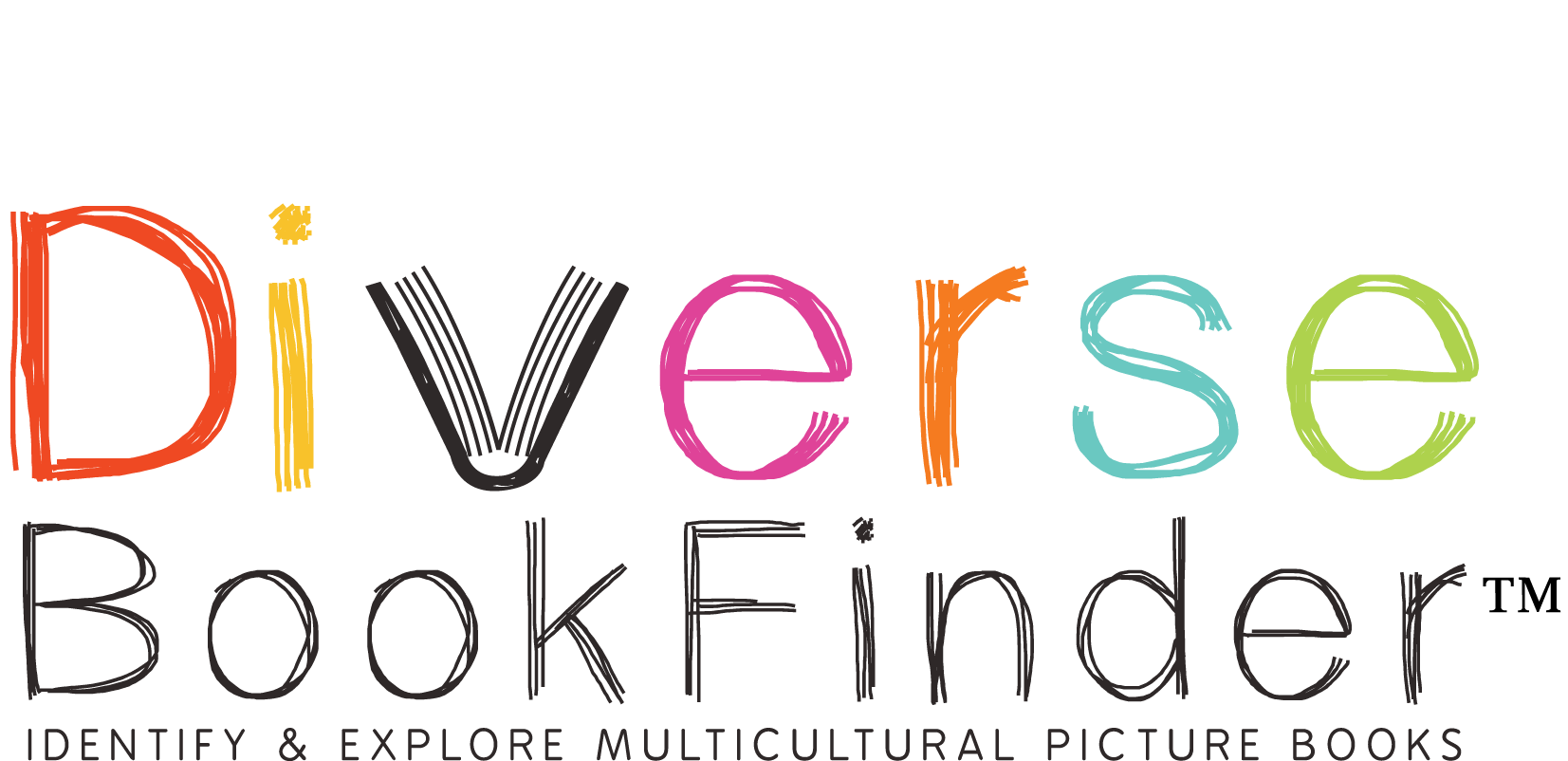By Alice Levine
Alice Levine works as a consultant in the fields of math and literacy for adult learners, and assisting parents in supporting their children’s learning. She lives in Easthampton, MA.
—————-

Armando and the blue tarp school
Armando and his father are trash-pickers in Tijuana, Mexico, but when Señor David brings his "school"--a blue tarp set down near the garbage dump--to their neighborhood, Armando's father decides that he must attend classes and learn. Based on a true story.
“This is our book!” said a mother in a literacy class in Guatemala City as she hugged the book to her heart. The book, Armando and the Blue Tarp School (which we read in Spanish) tells the true story of a school that was started on a tarp outside a garbage dump in Mexico City. The story closely mirrored the experience of the families in Guatemala City who participated, along with their children, in an educational program for those who made their living sorting through and reselling items they found in the large “basurero” in the nation’s capital.

Grandma’s records
The author describes his boyhood summers spent at his grandmother's apartment in Spanish Harlem where she introduced him to the sounds and steps of the merengue and the conga and told him stories of Puerto Rico
In having the good fortune to teach classes for parents in the Boston Public Schools, I also saw, again and again, the impact of introducing books that reflected the lives and cultures of the families. I remember well the overwhelming response to the first book we used in a parent ESOL class --Grandma’s Records by Eric Velasquez. As the adult students read about the author’s memories of his time with his grandmother in El Barrio in NYC, I saw how this book spoke to their pride in their own cultures and got them excited about reading—for many of them, for the first time in their lives. And when the book ended with the grandmother’s favorite song—a song the parents all knew—the whole class began to sing and begged to take the book home to share with their children.
With a Parent ESOL class in another of the Boston elementary schools, we read the book Visiting Day by one of my favorite authors, Jacqueline Woodson. This book is about the experience of a grandmother and her granddaughter who go to visit the child’s father in prison. After we finished the book I asked the parents if they would like to take the book home to read with their children. One parent said she didn’t think it was a good book for young children because of the topic of incarceration. When others wanted to borrow a copy , however, this parent followed suit. When participants returned for class the next week, the mother who had objected told us, “A few years ago, my older son went to prison. We never really talked about it with my younger son, who was about 6 years old at the time. However, now he is 9 and when we read this book together, he had a lot to talk about—and a lot of questions. It seems like reading this book together gave us a chance to talk about some hard issues.”

Wangari’s trees of peace
This true story of Wangari Maathai, environmentalist and winner of the Nobel Peace Prize, is a shining example of how one woman's passion, vision, and determination inspired great change.
Similarly, Haitian parents who had very limited English skills and no first language literacy were thrilled by the evocative pictures and poetic text of Denize Lauture's book Running the Road to ABC (published before 2002 and so not in the Diverse BookFinder's collection) and wrote a beautiful letter to the author, saying they were “so proud of him.” Somali mothers and grandmothers loved the book Wangari’s Trees of Peace (about the Kenyan environmental activist) so much that they began greeting each other as Wangari!
I saw the power of using books like these to engage parents in their children’s learning, including parents who often felt that there was not a place for them in their children’s schools—or even in their children’s increasingly 'American' lives.
In a class I taught in Spanish, A Mexican-American grandmother told me that she had always found reading boring—and then she asked if I could suggest some more adult-oriented books that would excite her as much as the children’s books we read, like Wilma Sin Límites (Wilma Unlimited: How Wilma Rudolph Became the World's Fastest Woman) by Kathleen Krull (published before 2002).
I saw the power of using books like these to engage parents in their children’s learning, including parents who often felt that there was not a place for them in their children’s schools—or even in their children’s “increasingly American” lives. Once parents themselves were engaged in reading and discussing these books, they became excited about sharing them with their children. Familiar with books that their children requested—like Dora the Explorer or Captain Underpants—-parents and grandparents from many racial, religious and cultural groups said that they had never known that books like this—books reflecting their own cultures and lives—even existed.

